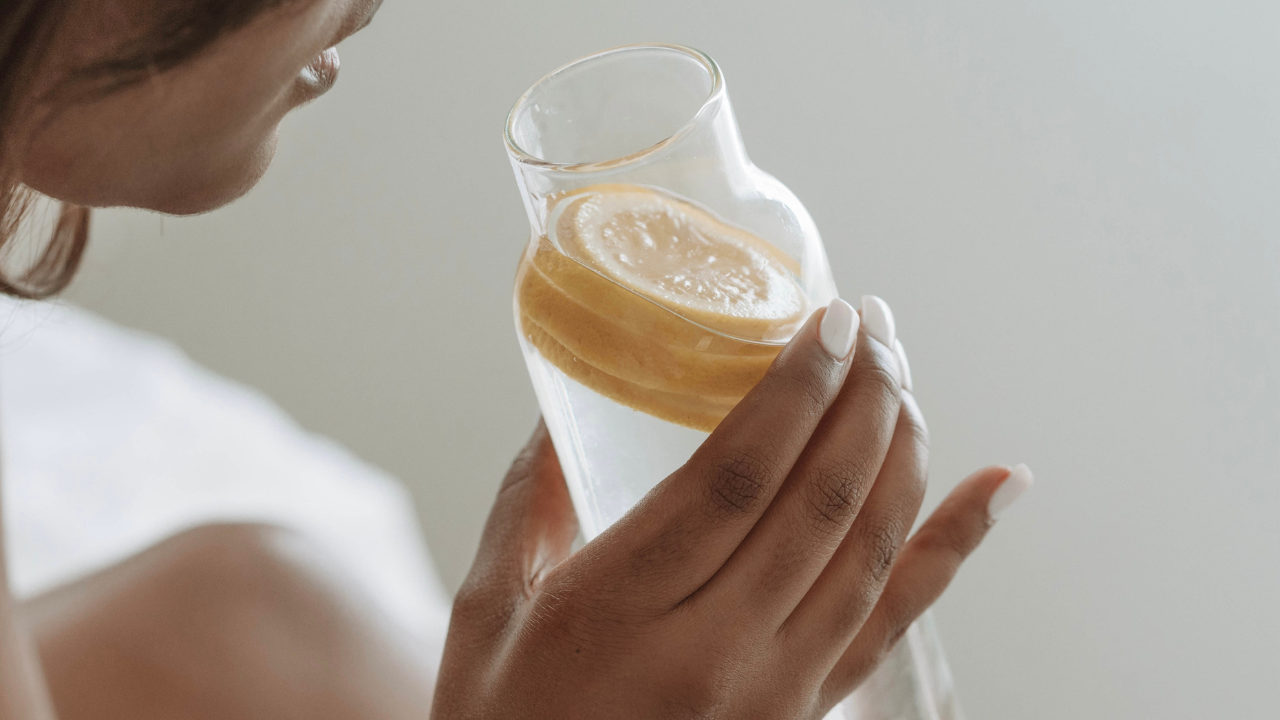
Unveiling the Hidden Dangers: Environmental Toxins and BPA's Impact on Fertility and Health
In our modern world, we're exposed to a myriad of environmental toxins daily. These silent threats can have a significant impact on our health, especially when trying to conceive. Among them, Bisphenol A (BPA) stands out as a notorious culprit. In this blog post, we'll delve into the dangers of BPA, its effects on fertility and overall well-being, and offer healthier alternatives to safeguard your reproductive health.
Understanding BPA
Bisphenol A (BPA) is a synthetic compound commonly found in plastics, such as water bottles, food containers, and even the lining of canned goods. Its ability to mimic estrogen in the body makes it a potent endocrine disruptor, wreaking havoc on hormonal balance and fertility.
The Fertility Threat
- Hormonal Imbalance: BPA exposure can disrupt the delicate hormonal balance necessary for reproductive health, potentially leading to irregular menstrual cycles and reduced fertility.
- Ovulatory Dysfunction: Studies suggest a link between BPA exposure and ovulatory dysfunction, making it harder to conceive.
- Pregnancy Complications: Elevated BPA levels have been associated with an increased risk of pregnancy complications, including preterm birth and developmental issues in babies.
Healthy Alternatives
- Glass and Stainless Steel: Opt for glass or stainless steel containers for food and beverages. These materials are free from BPA and other harmful chemicals.
- BPA-Free Plastics: If you must use plastic, choose products labeled "BPA-free." However, be cautious, as some alternatives may contain other harmful chemicals.
- Fresh and Frozen Foods: Reduce canned food consumption by opting for fresh or frozen options. Fresh fruits and vegetables and frozen meals typically come in BPA-free packaging.
- Use Natural Cleaning Products: Many cleaning products contain harmful chemicals. Opt for natural alternatives to reduce your exposure.
Environmental toxins like BPA can significantly impact your fertility and overall health. By being vigilant about your exposure and making conscious choices to limit contact with BPA, you can protect your reproductive health and increase your chances of conceiving. Embrace healthier alternatives and take proactive steps toward a toxin-free lifestyle, ensuring a brighter, healthier future for you and your family. Your reproductive health is worth it!
About the Author: Meet Dr. Zen Alissia Zenhausern- Pfeiffer, NMD, FABNE, (commonly known by her patients as Dr. Zen), is a licensed naturopathic doctor board certified in naturopathic endocrinology and the founder of NMD Wellness of Scottsdale, a premier naturopathic medical practice that focuses on helping women to take a proactive approach to their hormone and fertility health. Dr. Zen has been featured as a lead expert in Forbes, Shape Magazine, and Instyle and is deeply passionate about bridging the gap between traditional and natural medicine in the world of fertility. She works with a variety of hormone related issues including PCOS, endometriosis and unexplained infertility. Her goal is to help more women get back into the driver’s seat of their own health to make lasting transformational changes to their health to bring more cute and adorable babies into this world. Read More About Dr. Zen...
Alissia Zenhausern- Pfeiffer, NMD, FABNE, (commonly known by her patients as Dr. Zen), is a licensed naturopathic doctor board certified in naturopathic endocrinology and the founder of NMD Wellness of Scottsdale, a premier naturopathic medical practice that focuses on helping women to take a proactive approach to their hormone and fertility health. Dr. Zen has been featured as a lead expert in Forbes, Shape Magazine, and Instyle and is deeply passionate about bridging the gap between traditional and natural medicine in the world of fertility. She works with a variety of hormone related issues including PCOS, endometriosis and unexplained infertility. Her goal is to help more women get back into the driver’s seat of their own health to make lasting transformational changes to their health to bring more cute and adorable babies into this world. Read More About Dr. Zen...


